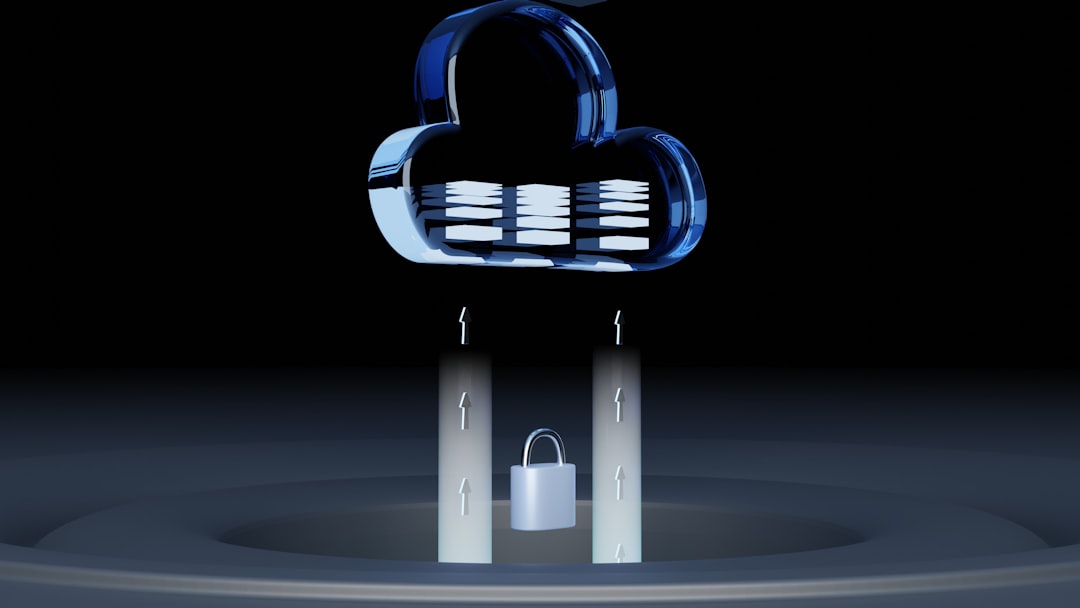In today’s increasingly digital world, concerns around online privacy and data protection are at an all-time high. Many users turn to Virtual Private Networks (VPNs) as a trusted solution to enhance their digital security and anonymity. A common question that arises among tech enthusiasts and security-conscious users is: Can a VPN connect to another VPN? The answer is nuanced—and understanding the capabilities and limitations of VPN-over-VPN setups is essential for anyone considering this layered security approach.
What Does It Mean to Connect a VPN to Another VPN?
At its core, connecting to one VPN while already connected to another means creating a “daisy chain” of VPN connections. This setup is often referred to as either Multi-hop VPN or double VPN, depending on how it is configured. The goal is to route your internet traffic through multiple VPN servers to add extra layers of encryption and anonymity.

When your internet data flows through two or more VPNs, each layer adds its own encryption and IP address masking. This makes it significantly harder for anyone, including potential hackers and even your internet service provider (ISP), to monitor your online activities.
Methods for Connecting Two VPNs
There are several ways to establish a connection between two VPNs. Each method has its own benefits and challenges:
- VPN within a Virtual Machine (VM): One of the simplest ways to use two VPNs is by running one VPN on your host operating system and another from within a virtual machine. The traffic first gets encrypted by the inner VPN, then sent to the host OS and encrypted again by the second VPN.
- Router and Device Combination: Another common setup involves configuring one VPN on your router and another on your device (PC, tablet, etc.). The data first passes through the router VPN and then is further encrypted by the VPN on the device.
- Chained VPN Services: Some VPN providers offer built-in multi-hop options that automatically route your traffic through multiple VPN servers. This is the easiest method, although it limits control over which servers are used.
Benefits of Using Two VPNs
Using two VPNs can amplify your privacy and security in various ways:
- Increased Anonymity: Your IP address changes twice, making it harder to trace your internet activity back to you.
- Redundancy in Security: If one VPN has a data leak or is compromised, the second layer may still protect your traffic.
- Bypass Regional Restrictions: You may be able to circumvent geographically restricted content by routing your traffic through different countries.

Challenges and Caveats
While using two VPNs can provide greater protection, it is not without potential drawbacks:
- Reduced Speed: Each VPN layer adds processing time, which can result in slower internet speeds and latency issues.
- Compatibility Issues: Not all VPN software works well together, especially when used simultaneously on the same device.
- Complexity: Managing multiple VPN connections can become complicated and may require technical expertise.
Additionally, many commercial VPNs have built-in protections like kill switches and DNS leak prevention that might not function well when layered, potentially diminishing the security benefits you’re aiming for.
When Does Using Two VPNs Make Sense?
Using two VPNs is generally recommended only in scenarios where your need for privacy is exceptionally high. This could include:
- Journalists operating in hostile regions
- Political activists or whistleblowers
- Corporate users securing sensitive communications
For the average internet user, a single reputable VPN with strong encryption protocols is often sufficient. However, if you require robust anonymity, carefully layering VPNs can be an effective strategy when done correctly.
Final Thoughts
Yes, a VPN can connect to another VPN—and doing so is a viable method for enhancing online security and privacy. However, it involves trade-offs in terms of speed, complexity, and usability. Understanding the methods, benefits, and limitations allows users to make more informed decisions about whether this approach is right for them.
Ultimately, the average user may not need a multi-VPN setup, but for those demanding a higher tier of digital security, the option remains a powerful one when handled with care and technical understanding.
